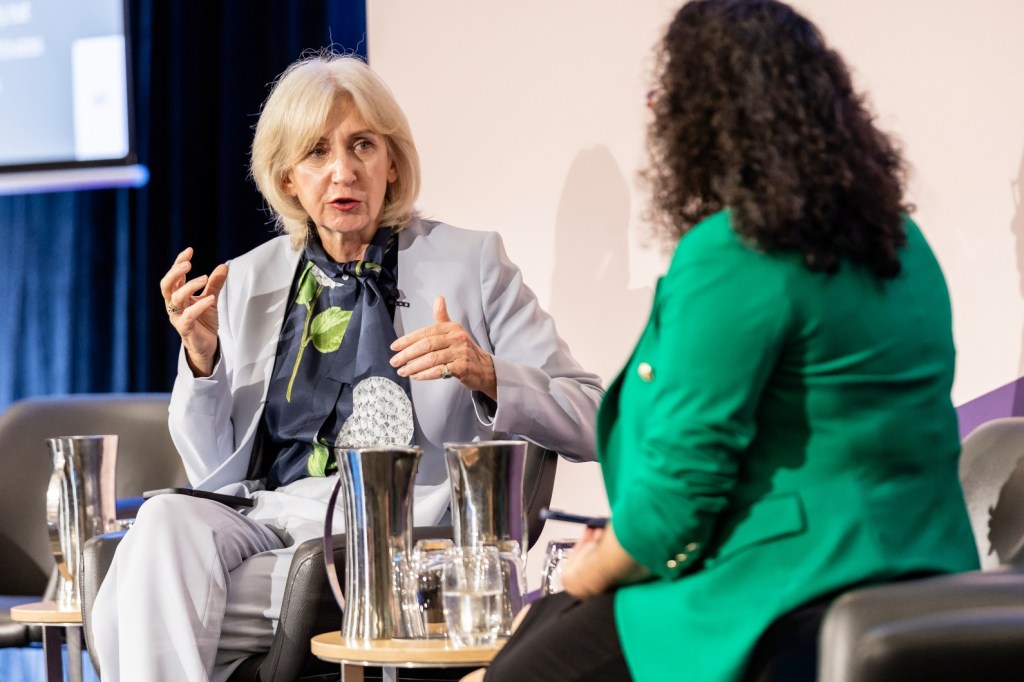
Australia’s next information commissioner will be Elizabeth Tydd, replacing outgoing commissioner Angelene Falk on August 16.
As head of the Office of the Australian Information Commissioner (OAIC), Tydd will be responsible for setting the strategic direction of the agency and for its performance and corporate functions.
Tydd started her current role of freedom of information commissioner in February, alongside new privacy commissioner Carly Kind as part of an overhaul of the leadership structure of the OAIC. Prior to this, she was CEO of the NSW Information and Privacy Commission — a role she held alongside being NSW information commissioner from 2013 – 2023.
Prior to this, she was executive director of the Office of Liquor Gaming and Racing from 2009 to 2013. Between 1997 and 2009, she held a number of senior roles at the New South Wales Department of Fair Trading, including assistant commissioner for compliance and legal group and deputy chairperson of the consumer Trade and Tenancy Tribunal.
She holds a Bachelor and Master of Laws from the University of Technology, and has been known to write columns on information and privacy for the world’s best public service periodical.
As a long time transparency advocate, Tydd will likely be a less controversial leader of OAIC than Falk, who has drawn criticism for her leadership at a time freedom of information has become a “byword for information rationing and control“.
Tydd’s predecessor as FoI commissioner, Leo Hardiman, blasted Falk in a Senate inquiry, all but stating she was working against the agency’s statutory mandate. He said this had frustrated him enough to hand in his resignation.
“I was ultimately unable to change the distracting ‘narratives’ developed and promulgated by the OAIC, particularly around the issue of resourcing. I was also ultimately unable to change significant cultural issues affecting the performance of the FoI functions,” he said.
Falk has denied these allegations.
In March, Tydd weighed in on the long-standing debate about the APS’s culture of never writing anything down for fear it could be FoI’d, saying without clear records there was no raw material for transparency.
“Public sector leaders and indeed all of the APS have a positive obligation for accountability — and you do that because of our democratic values,” she said.
“Likewise, you have positive obligations to create and preserve records and they arise through a labyrinth of statutes and guidelines ranging from the Commonwealth Archives Act, the guidelines put out by Treasury, and the governance and procurement guidelines together with international standards that are adopted by virtue of [the National Archives of Australia] that go to creation of records.
“I do want to understand the culture because that chilling effect is not something that I am familiar with.”
READ MORE:

